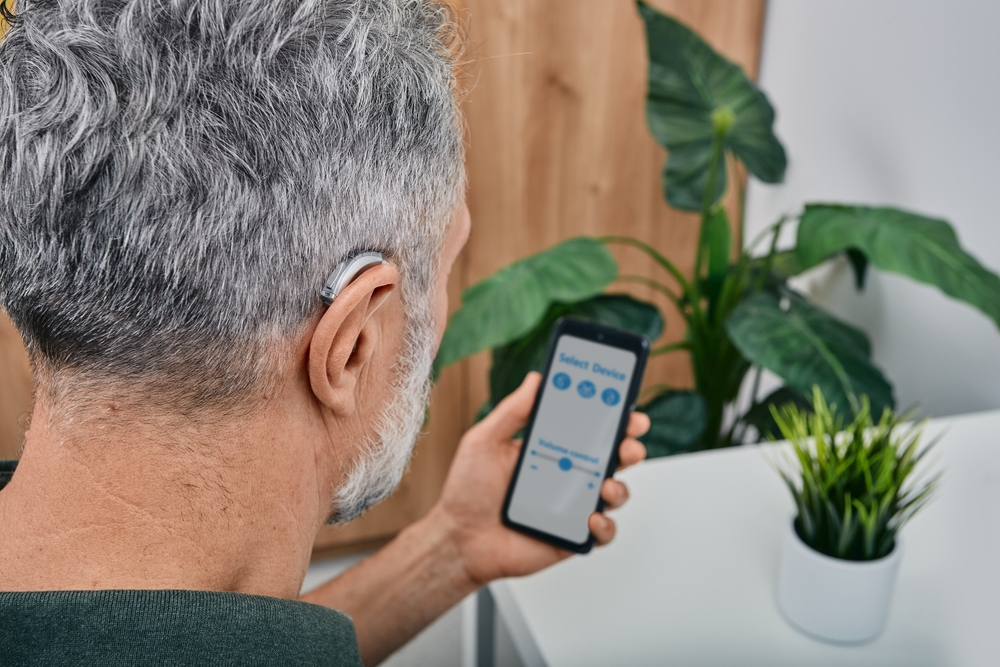
Even slight hearing loss can significantly impact everyday life, influencing relationships with friends, family, and colleagues, as well as complicating routine tasks such as grocery shopping. However, the benefits of well-calibrated hearing aids can promote transformative changes.
Ten reasons why you should consider hearing aids
While the primary advantage of hearing aids is obvious, improved hearing, their impact extends far beyond basic auditory enhancement. Let’s explore the comprehensive benefits that using hearing aids can provide.
Better relationships and communication
Personal relationships rely on the ability to clearly communicate. Neglected hearing loss often results in missed conversations and misunderstandings, which can stress relationships. Feelings of separation and frustration will be reduced and your ability to communicate with others will be enhanced by using hearing aids.
Being more independent
Untreated hearing loss leads to obstacles in communication causing tasks like buying groceries to become difficult. Your ability to understand speech and hear in a variety of settings will be empowered by hearing aids, allowing you to navigate these situations more independently. Having a better sense of independence will help you do things that demand improved situational awareness such as driving, for example.
Potential for higher income
In professional settings, successful communication is crucial. Untreated hearing loss can hinder your ability to engage in meetings or discussions completely, potentially influencing job performance and career development. By wearing hearing aids, you can remain engaged and alert, boosting your productivity and opening doors to career opportunities.
Discomfort from tinnitus can be decreased
Hearing loss is frequently accompanied by tinnitus symptoms or ringing in the ears. Many individuals find that wearing hearing aids helps mask tinnitus sounds, offering relief and improving all-around comfort.
Cognitive decline can be mitigated
Some research has uncovered a connection between untreated hearing loss and mental decline, including dementia. It’s possible that using hearing aids to treat neglected hearing loss can decrease the chance of cognitive impairment and help maintain the overall health of the brain.
The ability to enjoy music
The perception of music will be less enjoyable if hearing loss is distorting your perception of it. Hearing aids replenish the richness and depth of musical sounds by compensating for gaps in frequency, allowing you to rediscover the pleasure of listening to your favorite songs.
Boosted confidence
Clear hearing fosters confidence in social interactions and professional settings alike. With increased communication abilities, you’ll feel more self-assured and capable, improving your general quality of life.
Having more energy
Neglected hearing loss pushes the brain to work overtime to fill in missing sound which can be mentally exhausting. With hearing aids, you won’t feel so fatigued and will be able to take part in all of those activities that you enjoy.
Awareness and safety can be improved
Whether you’re driving an automobile or crossing the road, being aware of your environment is a critical part of safety. Environmental sounds can be restored by hearing aids, ensuring that your response to things including alarms and approaching vehicles is safe and appropriate.
Establishing an example that is positive
You will set a positive example for others dealing with hearing loss by embracing hearing aids and displaying an approach to health and well-being that is positive. It exhibits a commitment to personal growth and improvement, inspiring those around you.
Get your hearing tested today
While the main advantage of hearing aids is to enhance auditory perception, the ripple effects on various aspects of life are profound. Whether it’s nurturing better relationships, increasing independence, or preserving mental health, the decision to wear hearing aids is a step towards a more fulfilling and engaged life.
Take the first step towards better hearing today by scheduling a hearing assessment with us.